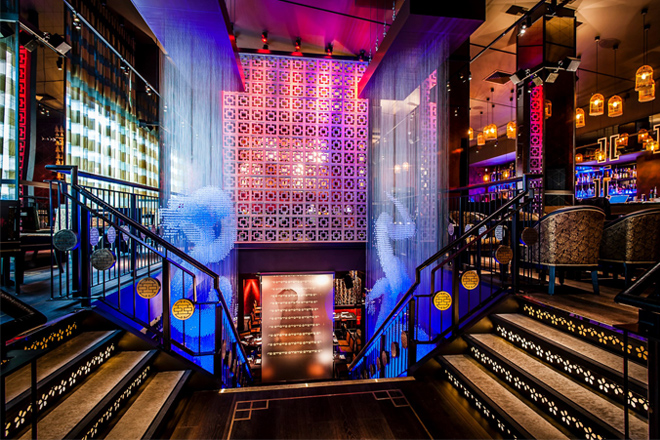The quirky Nitenite pod hotel has appointed prestigious interior design agency, Tibbatts-Abel, to complete the refurbishment of its Birmingham city centre hotel. Specialising in hospitality and leisure design, Tibbatts-Abel has worked on numerous high-profile projects, including celebrity hotspots Buddha Bar, Chinawhite and Movida.
The design agency was even responsible for the original design of Nitenite when it first opened in 2006. The hotel was one of Europe’s first windowless hotels, based on the successful Japanese pod model and offering affordable city centre accommodation within a compact space. Emulating the feel of a cabin aboard a luxury yacht, all 104 of the hotel’s bedrooms are fully air conditioned and equipped with 42-inch plasma televisions and hi-tech control panels.
Tibbatts won the Nitenite contract following a competitive four-way bid process, and will oversee the first phase of the hotel’s refurbishment – which will see a complete transformation of the hotel lobby area – due to be completed by the end of October 2013.
“We decided to award the contract to Tibbatts because of their unique and forward thinking design work, which is on par with where we want to take the Nitenite brand,” says general manager of the hotel, Lee Alibone.
“We have ambitious plans grow the Nitenite brand and are looking to open a chain of Nitenite cityhotels across the UK over the next few years. It is really important that we get the look and feel of this hotel right, as the Birmingham property will be used as a blue print for future projects.”
Director of Tibbatts-Abel, Adam Tibbatts, adds: “We are really pleased to be working on the Nitenite project once again and to see the hotel is moving forward with the demands of the market place. The new management team at nitenite gave us a very open brief allowing us to autonomously evolve the interior design from its original conception to a new-look and feel that will appeal to today’s customer.
“The first phase of the refurbishment will see a complete transformation of the lobby area, moving away from the current polished finish, to a more urban and industrial look and feel. We are stripping back the fixtures and fittings to expose the underlying features of the building and replacing the original furniture with quirky statement to create a point of difference for the hotel and take the brand forward.
“The design concept is a combination of what we have seen in other up and coming hotels in popular cities like New York and Tokyo, and more locally Shoreditch, London.”



